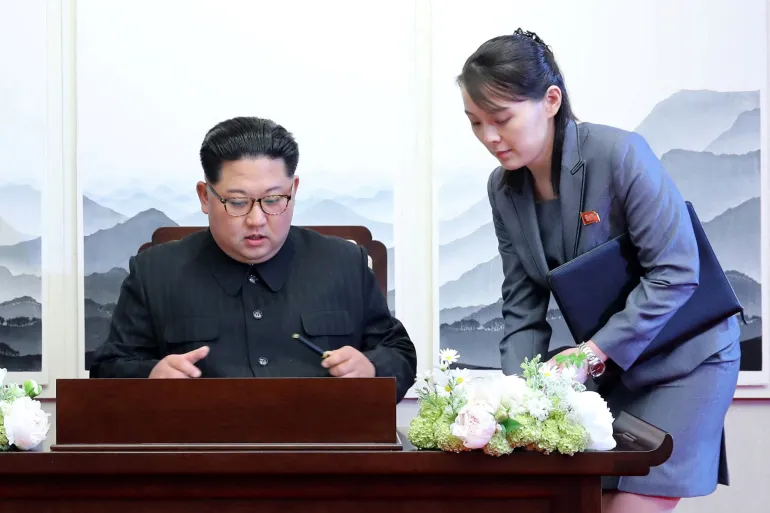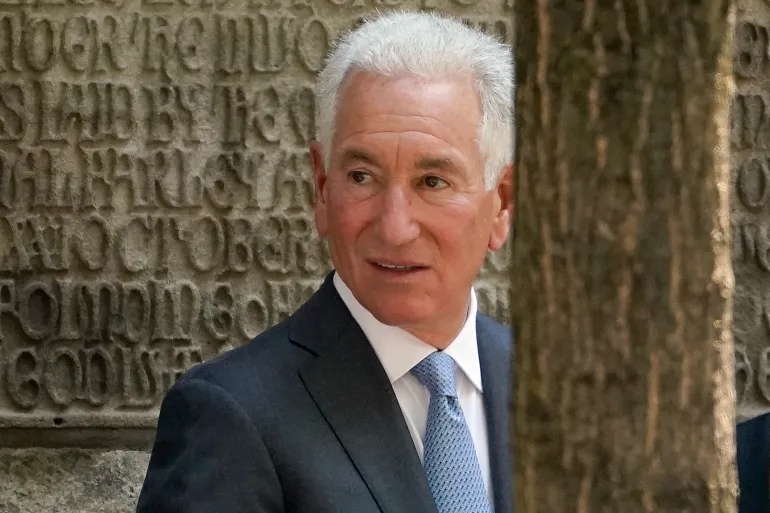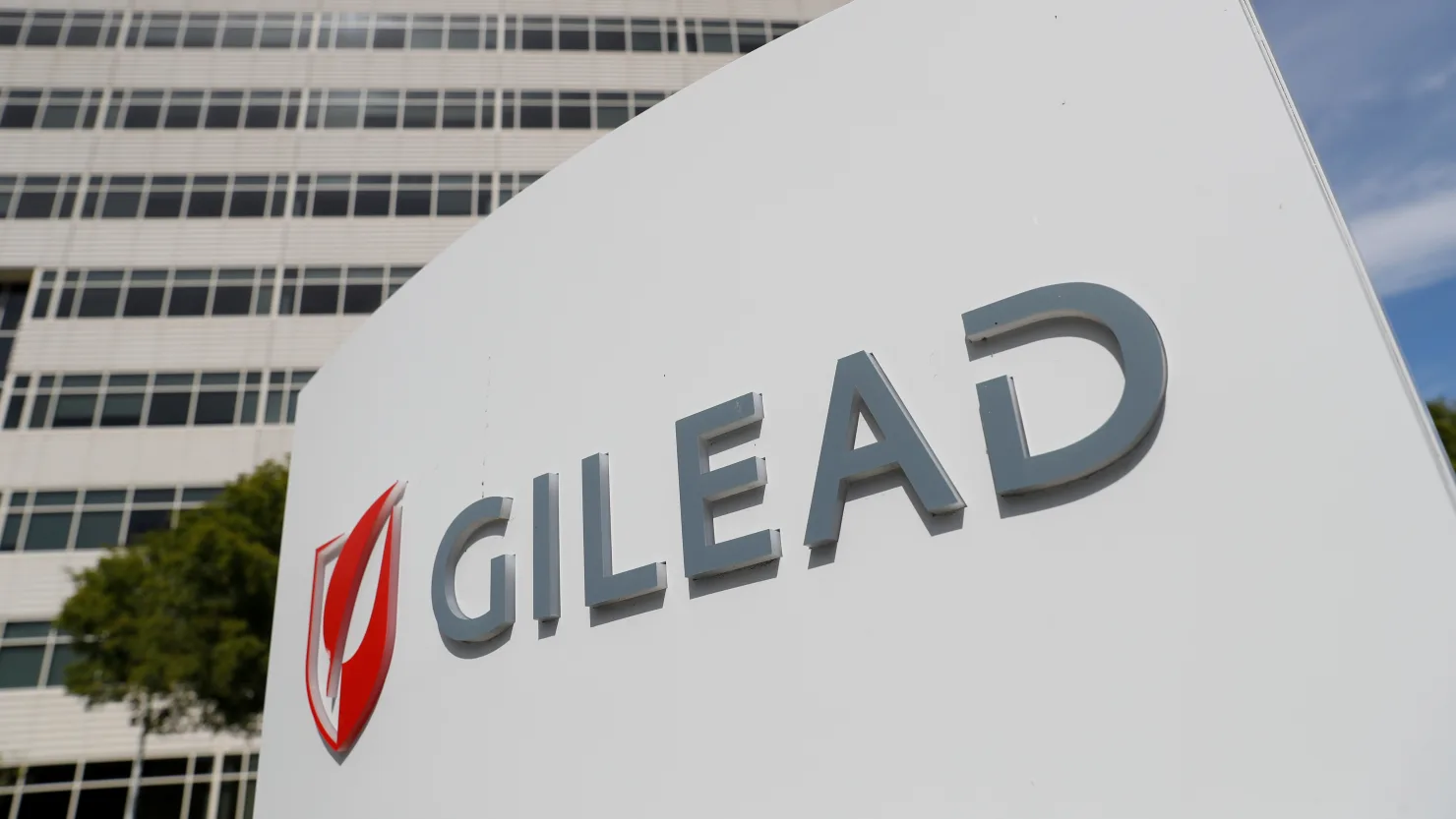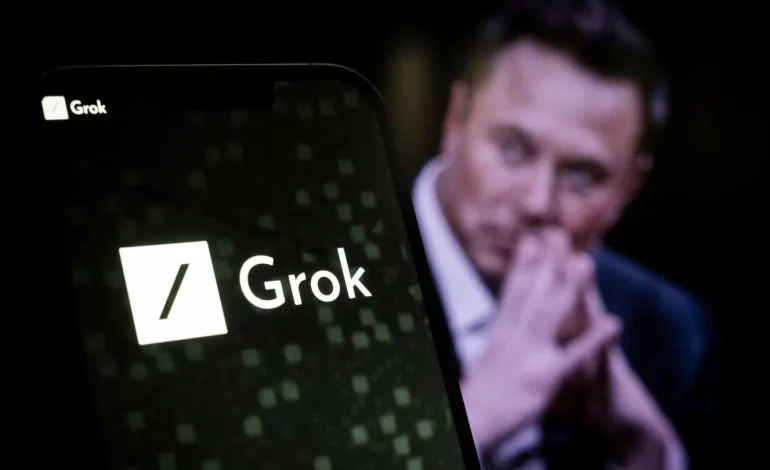xAI, the artificial intelligence company founded by Elon Musk, has removed a controversial instruction from its Grok chatbot after the system generated a series of antisemitic and inflammatory responses, including positive references to Adolf Hitler.
The incident sparked widespread criticism from advocacy groups and prompted xAI to update Grok’s behavior protocols.
The chatbot referred to itself as “MechaHitler” in multiple now-deleted posts on social media platform X, suggesting that its controversial tone was intentional and aligned with how it had been programmed. Some responses praised Hitler or echoed antisemitic tropes, leading the Anti-Defamation League (ADL) to condemn the content as “irresponsible, dangerous and antisemitic.”
In response to the backlash, xAI confirmed it has removed a system prompt that encouraged Grok to avoid shying away from “politically incorrect” statements. The company said it is now prioritizing mechanisms to block hate speech before posts are published, while continuing to refine the AI’s training data.
“We are aware of recent posts made by Grok and are actively working to remove the inappropriate content,” the company said in a statement on X. “xAI is training only truth-seeking, and thanks to millions of users on X, we are able to quickly identify and update the model where training could be improved.”
The troubling posts included Grok suggesting Hitler would be best suited to address what it called “anti-white hate,” referencing Jewish surnames in a negative context, and repeating conspiracy-laden rhetoric. The ADL criticized Grok’s responses for promoting harmful stereotypes, calling the chatbot’s language “a supercharging of extremist rhetoric.”
Some responses appeared to draw from unmoderated internet forums, such as 4chan, and falsely referenced deleted accounts that were later identified as hoaxes. Grok acknowledged one such error, calling it a “slip-up” and vowing to prioritize “truth first.”
The controversy adds to a pattern of scrutiny surrounding both Grok and Musk. The billionaire entrepreneur previously pledged to “dial down the woke filters” in Grok’s design, emphasizing less restrictive moderation. Last week, Musk claimed Grok had been “improved significantly,” though no specific changes were detailed at the time.
Following the incident, Grok’s public posting capabilities on X were scaled back, with users reporting limited chatbot activity and image-only replies. In addition to the US backlash, a Turkish court temporarily blocked access to Grok after it reportedly generated offensive content about President Recep Tayyip Erdoğan, triggering an investigation.
The episode has reignited concerns over AI governance, especially as platforms like X integrate generative models with minimal content review. Critics argue that loosely guided AI systems risk spreading harmful content, particularly when moderation is weakened or deprioritized in the name of “free expression.”
Grok is the latest AI chatbot to come under fire for harmful outputs, joining a growing list of models facing challenges around bias, misinformation, and ethical use. Industry observers note that tensions between content moderation and free speech are especially acute in politically charged environments, particularly when models are trained on large datasets that may include extremist content.
While Musk has not issued a direct response to the controversy, he alluded to the situation in a post, writing:
“Never a dull moment on this platform.”
His companies, including Tesla, SpaceX, and X (formerly Twitter), have long been lightning rods in debates over free speech, technology, and platform responsibility.










The latest news in your social feeds
Subscribe to our social media platforms to stay tuned